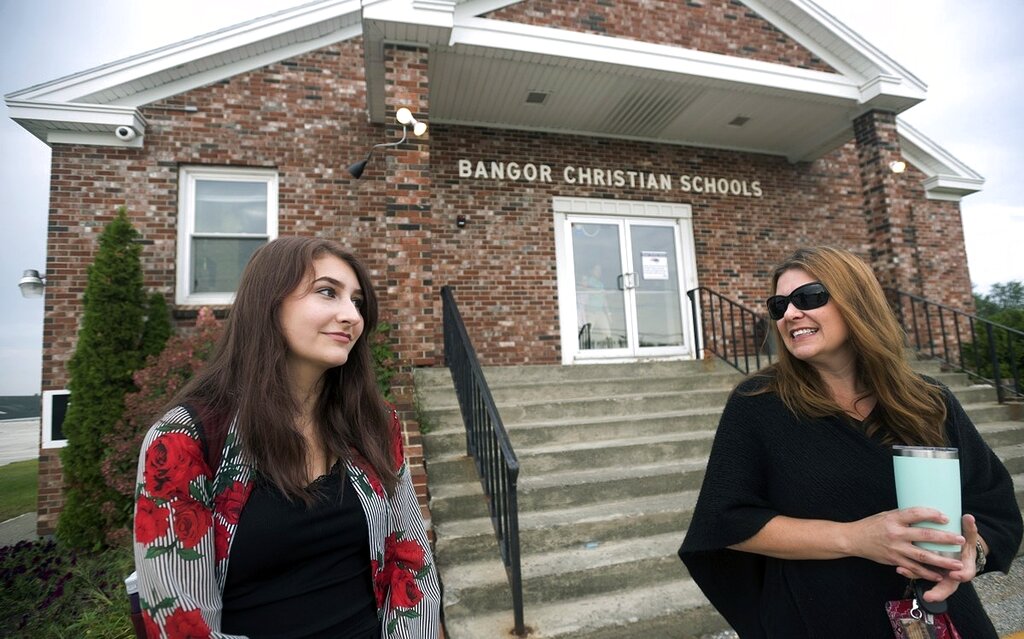The guide was noticed by campus watchdog Campus Reform because Audrey Whipple is an MSU student as well as a CR reporter. She tells AFN the language-policing guides are common at MSU and at other campuses because they supposedly promote diversity but, in reality, they demand conformity.
“It’s definitely concerning to me,” Whipple says, “to see a lot of students kind of cower in face of this."
Many of the banned words are directly tied to a fear of offending certain groups, such as words “frontier” and “pioneer” offending Native Americans.
Holiday-themed words such as “wreaths” during Christmas and “bunnies” for Easter should be avoided because they are affiliated with religious themes.
It’s no mystery why “obese” and “overweight” are frowned upon by hefty MSU students who might be offended but they are referred to as “size-diverse community” by their school.
In the ever-changing rules of conformity, inclusive words uttered yesterday are not inclusive enough today. So the guide’s “Race and Ethnicity” section says phrases “P-O-C” and “B-I-P-O-C” are listed under phrases to avoid, too. POC stands for “People of Color” and BIPOC stands for “Black, Indigenous, and People of Color,” but those phrases are unwelcomed in the Orwellian-sounding Multicultural Unity Center at MSU. According to the language guide, you might leave out an ethnicity or, worse, “create hierarchy.”
Whipple says she is involved in the pro-life movement on campus and participates in faith-based groups, too, where she urges her classmates to participate and speak out without fear.
“Because the more we kind of bend our knee to these inclusive language guides and liberal ideology that the university will push,” she warns, “the further they will take it.”














